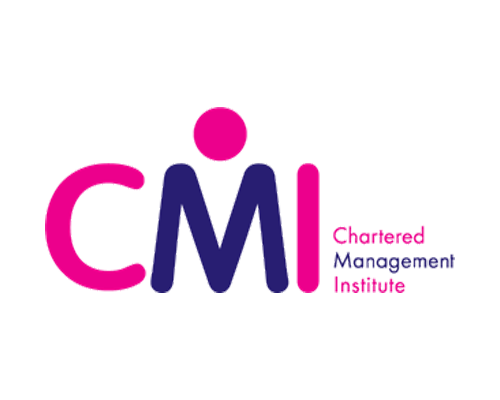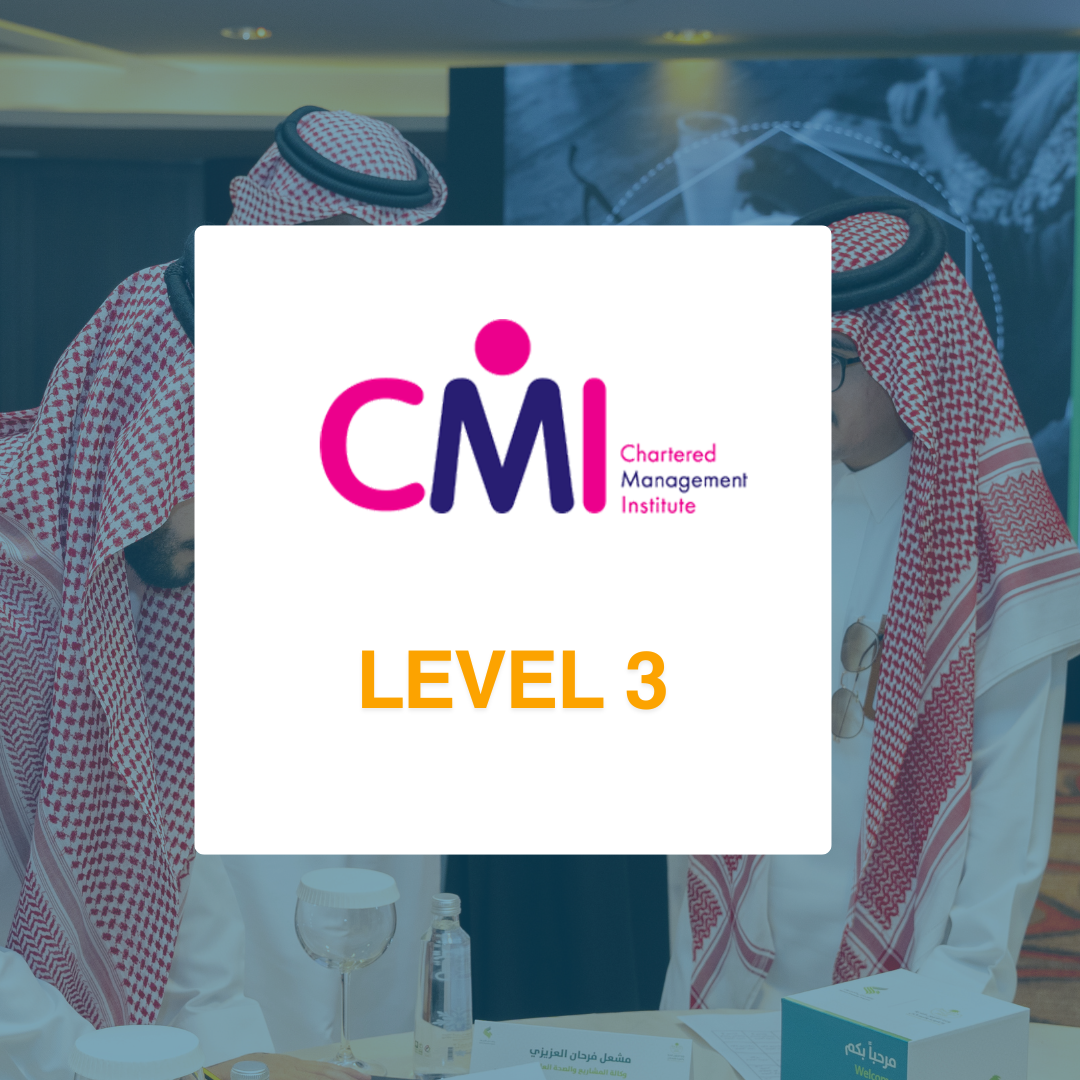The UK based Chartered Management Institute (CMI) works with businesses and education to inspire people to become skilled, confident and successful managers and leaders. With a wide range of practical qualifications, CMI qualifications help people boost their skills and career prospects with a Management and Leadership qualifications. Under the regulations of the UK Government Qfqual standards, CMI is one of the oldest and most prestigious Management institutes globally. Currently there are over 90,000 people training with CMI from across the world. Backed by a unique Royal Charter, CMI are the only organisation that can award the Chartered Manager status – the ultimate management accolade. CMI offer thought leadership, research and online resources to provide practical insight for both today’s leaders and the next generation. CMI currently has over 143,000 members across the world. The mission of CMI is to increase the number and standard of professionally qualified managers.
CMI Values
- Professional
- Progressive
- Passionate
- Practical
CMI LEARNER MEMBERSHIP
All CMI learners are automatically provided with free Affiliate membership of the CMI until the completion of their studies.
CMI qualifications are built from a combination of units. Learners may only take the units required for the qualifications at each level. CMI does not allow the combination of different levels for its qualifications. Each unit is delivered between 15 – 35 hours face to face or virtual delivery with additional self-directed learning and assignment work. All CMI units have a written assessment that is required to be successfully completed to pass the unit. Asas Training currently offers units at CMI level 3 and CMI level 5. This is the equivalent of Level 5 and Level 7 of the Bahrain Qualification Framework.
COURSE LENGTH
30 Days
COURSE PREREQUISITES
Individuals with management responsibilities.
Pass Asas Training English Level Test, with minimum of (B2 CEFR), (B2 67-75 GSE).
COURSE CONTENT
| Unit 321 Managing Own Personal and Professional Development | OC1 – Understand the benefits of personal and professional development OC2 – Understand how personal and professional development is informed OC3 – Know how to identify opportunities for personal and professional development OC4 – Know how to create and monitor a personal and professional development plan | In order to meet the demands of an ever changing workplace, individuals need to ensure they continue to update and develop their knowledge and skills. Planning for personal and professional development ensures greater opportunities for success. The purpose of the unit is to support the manager to identify the benefits of engaging in personal and professional development. By using the knowledge gained, a meaningful development plan will be created to support them to become an effective manager in the workplace. |
| Unit 304 Principles of Workplace Communication | OC1 – Know the channels and types of communication used in the workplace OC2 – Understand the communication cycle OC3 – Be able to plan communication for a target audience OC4 – Know how to measure the effectiveness of communication with a target audience | As the range of communication tools used by a business continues to grow, and new technologies emerge, managers are faced with the challenge of how to select and use different tools to ensure that communication is effective, timely and has impact. The aim of this unit is to equip managers with the knowledge and skills to select and use a range of workplace communication methods. These must be measurable and tailored to the needs of the target audience. |
| Unit 302 Managing a Team to Achieve Results | OC1 – Understand the role and purpose of teams OC2 – Be able to recognise the characteristics of a high performing team OC3 – Know how to lead, communicate with and motivate a high performing team OC4 – Know how to respond to challenges when managing a team proactively OC5 – Know how to manage the performance of a team | The ability to manage teams, which are able to communicate effectively and overcome barriers to achievement, is a critical skill for any manager. High performing cohesive teams are created in an environment where there is a collective understanding of values, goals and objectives. This unit has been developed to support managers in understanding the nature of teams in the workplace, and how these can be managed to achieve results. |
COURSE PROVIDED IN PARTNERSHIP WITH


